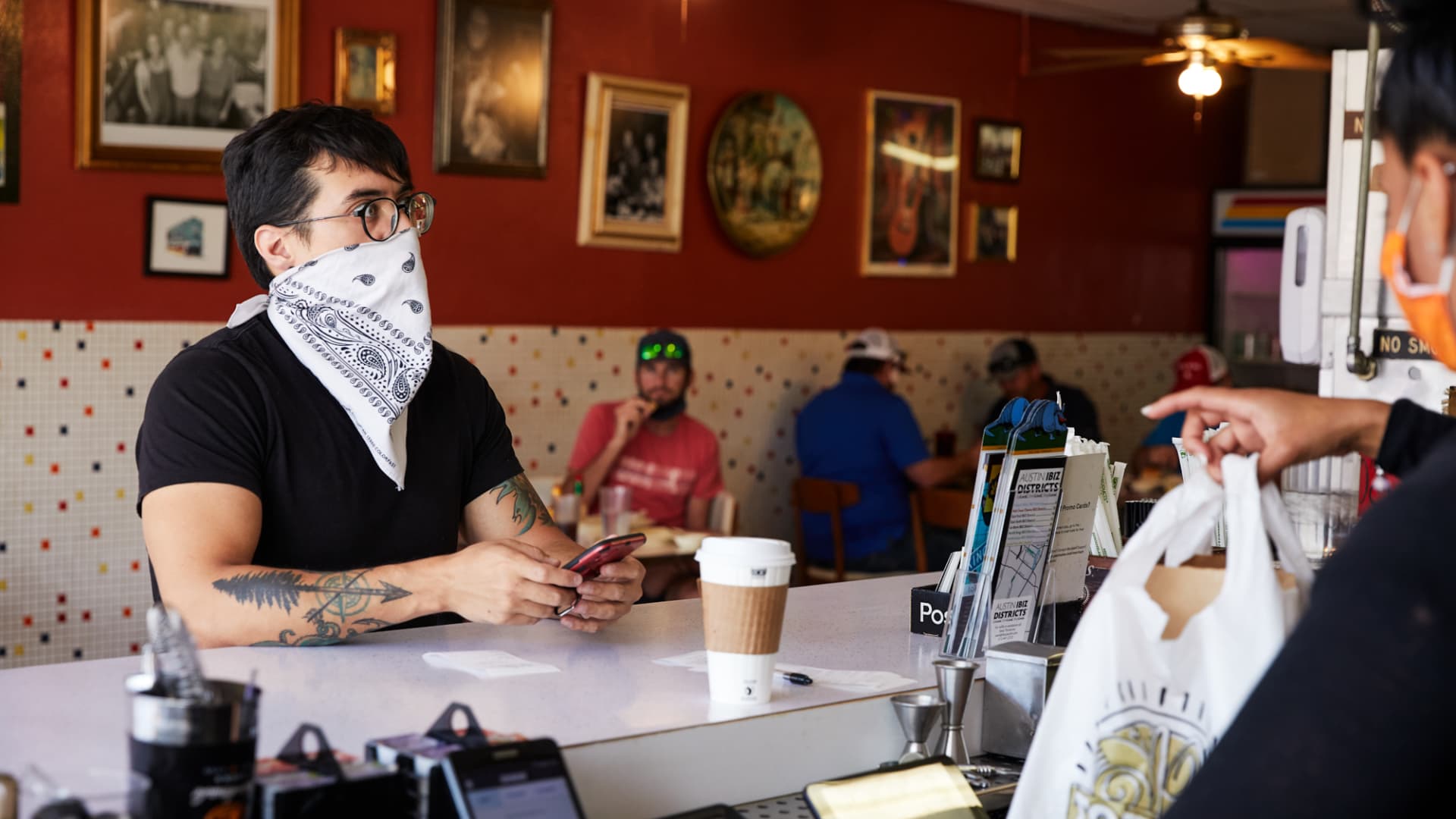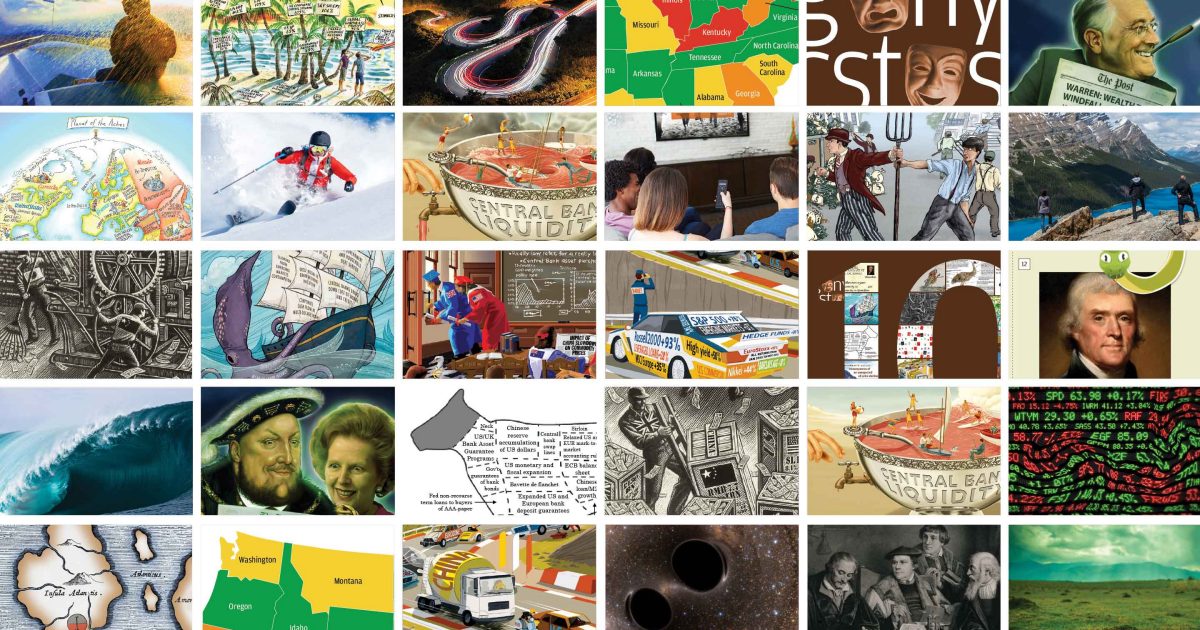mickeymiss
Well-Known Member
Once again, this data is impossible to read without context. Florida is huge. We are not being told what type of transmission is driving this. They must have a clue. There's no expert guided leadership whatsoever. It matters to disinguish between high and low risk factors. Sittting around waiting in our homes for the virus to go away isn't a plan. Shuttering every business with rock solid safety plans is punitive.
What is driving the transmission in Florida? Why is that always left out of the data?
What is driving the transmission in Florida? Why is that always left out of the data?



